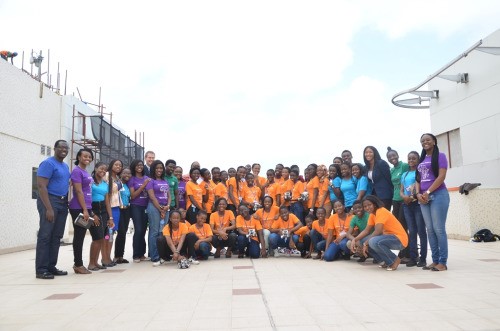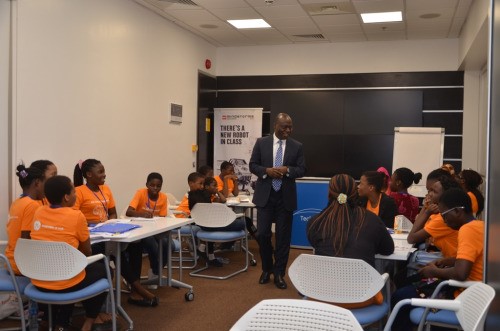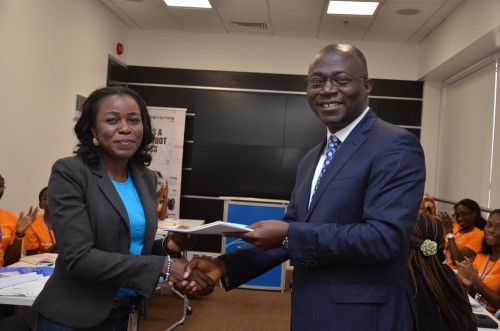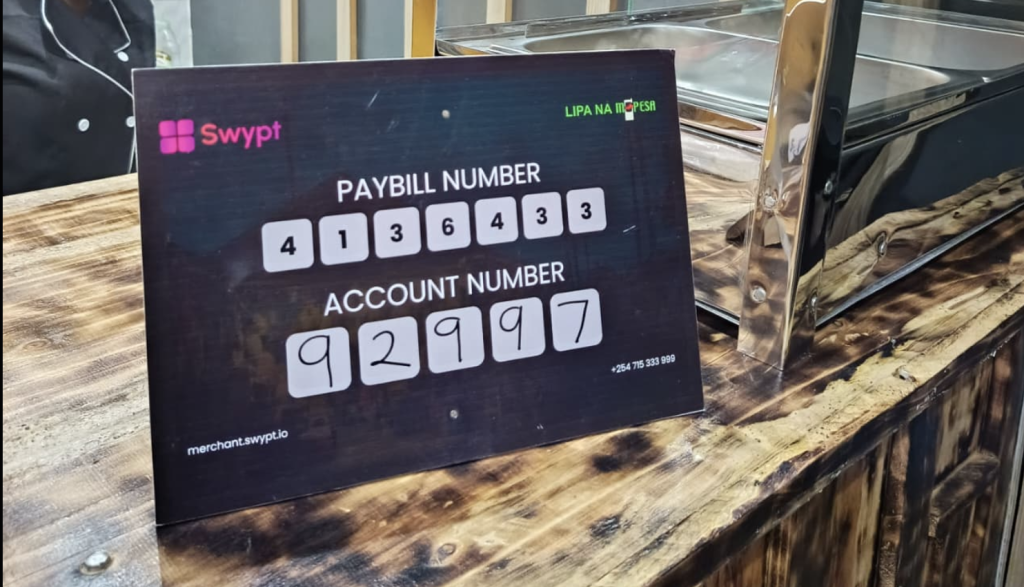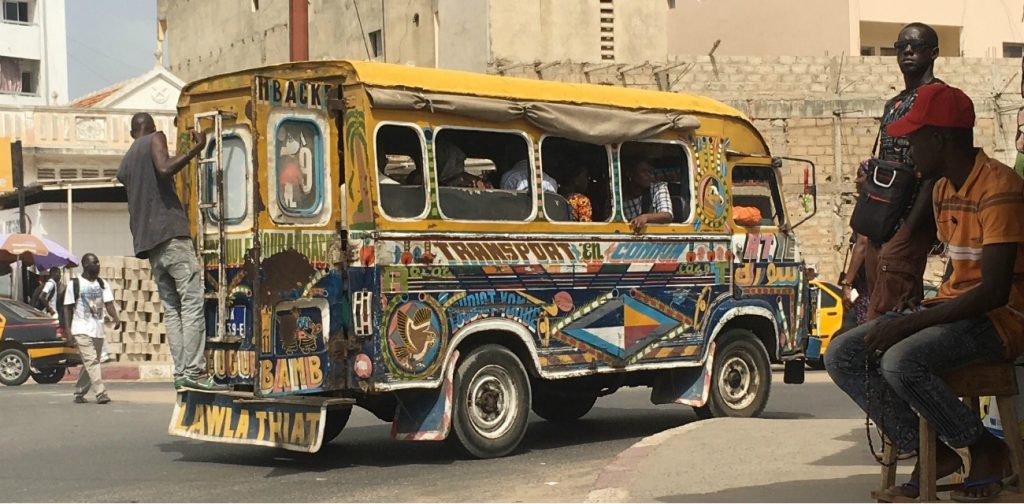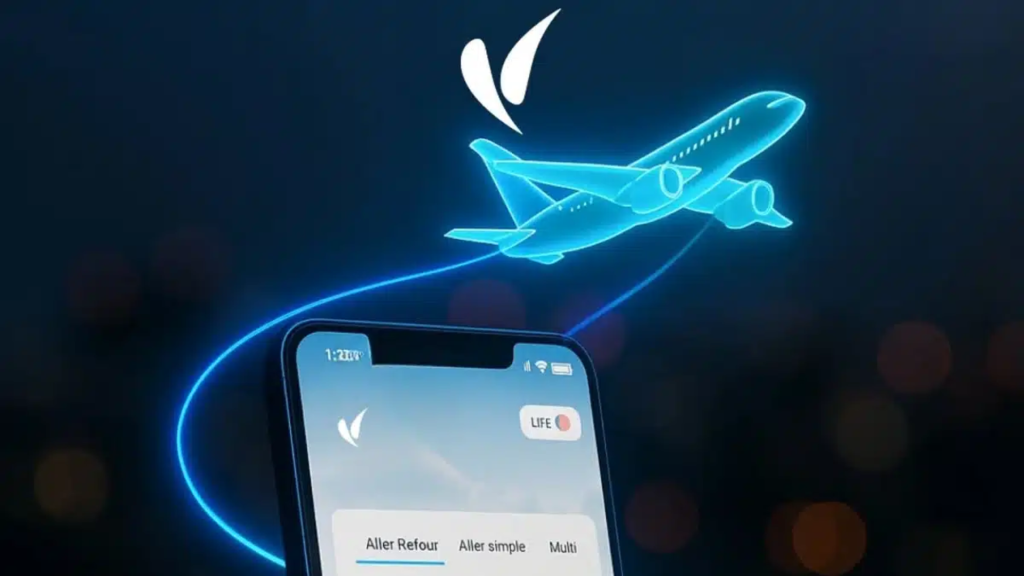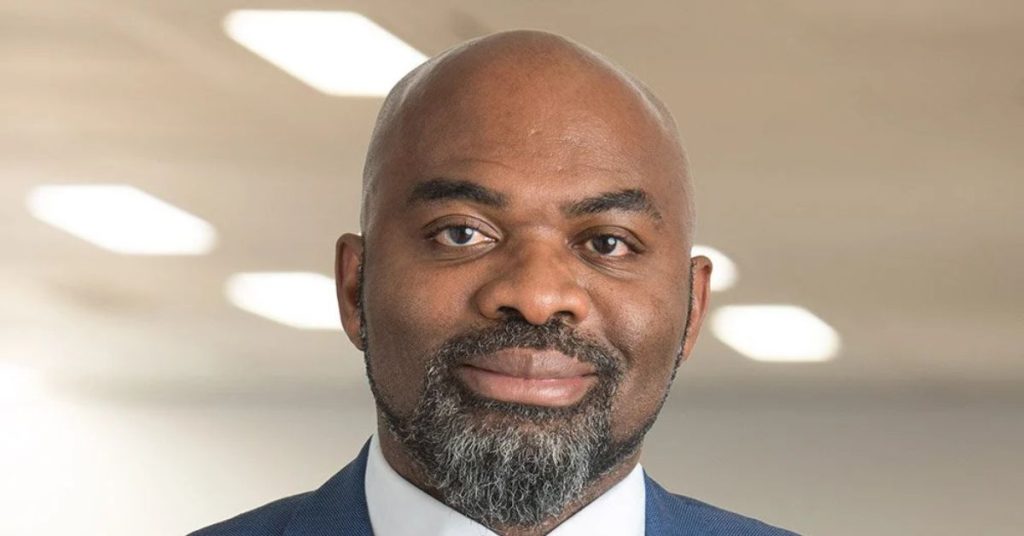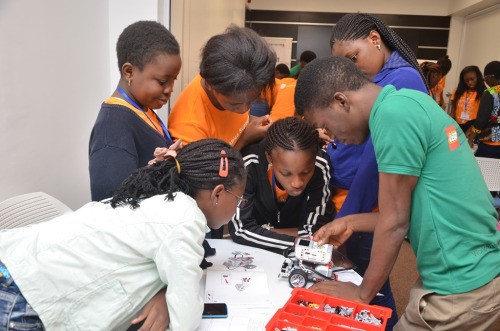
When Nigerian President-elect Muhammadu Buhari took office this year, in his Manifesto and Vision for Nigeria he emphasised the importance of ensuring that education is delivered to all of Nigeria’s children. The government has committed to undertaking a full review of the provisions of the Universal Basic Education Act, including commitments to gender equality in primary and secondary school enrollment.
More than ten million children in Nigeria are not receiving formal education. The majority are girls as many of their parents opt to send them to work, rather than attend school. Of those fortunate enough to enroll, less than two-thirds complete primary school education and even fewer girls finish secondary school. With a lack of education seen to vastly reduce a child’s chance of escaping poverty, a renewed focus on all-inclusive education is a key step towards socio-economic growth.
In a country where education is often seen as a blessing, many non-governmental organisations are helping to fill the gap where formal education is lacking, while others help ‘top-up’ education with vocational training and skills provision. One such Nigerian organisation is the Women’s Technology Empowerment Centre (W-Tec). W-Tec is a non-governmental organisation working to empower girls and women socially and economically, using information and communications technologies (ICT).
With statistical evidence showing that in most African countries women’s use and knowledge of ICTs is lower than men’s, W-Tec is helping Nigerian women develop financial independence by training for ICT-specific jobs, providing them with technology skills that that can be used for ICT-reliant jobs or self-employment.
Recognising the challenge of keeping girls in school, W-Tec helps girls develop an early interest in computers and information technology. By presenting an exciting career path to the girls and their parents, there is an increased likelihood the girls will complete their schooling. Partnering with the corporate sector enables W-Tec to offer programmes and business that show the many and varied careers available with ICT qualifications.
For three years W-Tec has partnered with GE Nigeria to host the annual ‘Girls in Technology Day’. Hosted at the Nigeria hub of the GE Women’s Network “GWEN”, it offers students the opportunity to learn first-hand from GE employees and executives about their careers and the career opportunities that ICT skills offer.
The theme for this year’s event was Robotics, and part of the programme saw the twenty-seven attendees challenged to build and race robots made from small Lego pieces. While building Lego robots is great fun, the task also introduced the girls to the principles and importance of structures, motions and sensors in robots, as well as working as teams.
Several GE staff members and members of the executive team attended the event and shared stories about what inspired their careers. They encouraged the girls to remain inquisitive about technology and to hone their leadership skills.
“We take immense pleasure in meeting with such inspirational young ladies each year at The Girls in Technology Day,” said Patricia Obozuwa, Director of Communications for SSA who co-leads the Women’s Network in Africa. “Watching the girls build and race their robots was fantastic, and just knowing that GE can play a part in encouraging the girls to follow a career in ICT is rewarding in itself.”
With education reform at the forefront and receiving increased funding, it is important to encourage more girls to complete schooling. Through education, there is an increased likelihood of more women entering the workforce, enabling them to play their part in the sustainable and all-inclusive development of Africa’s powerhouse.




